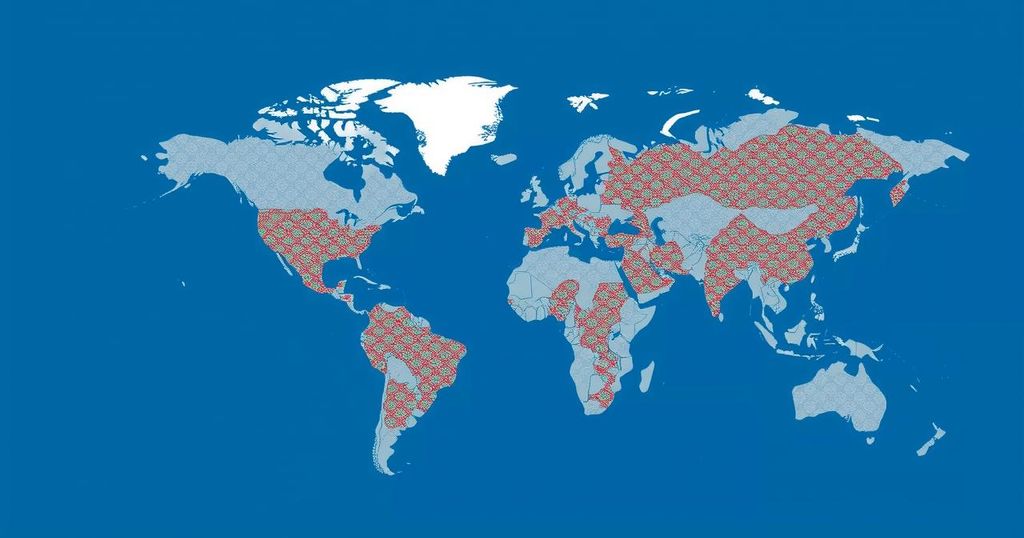Uruguay’s Exemplary Democracy: A Lesson for Brazil and the USA

Uruguay’s recent election campaign showcased a model of civility and transparency in democratic governance, contrasting sharply with larger nations experiencing political polarization. The new President, Orsi, embodies a moderate approach while continuing the legacy of José Mujica’s humble leadership. Uruguay’s low levels of poverty and progressive social laws highlight its capacity for equity and tolerance in politics, offering valuable lessons in democracy for Brazil and the United States.
Uruguay exemplifies that a healthy democracy can flourish devoid of the extreme partisanship and vitriol witnessed in larger democracies like Brazil and the United States. Its recent election campaign was characterized by civility, transparency, and competence, settings that contrast starkly with the toxic political environments elsewhere. The peaceful transfer of power from one moderate administration to another underscores Uruguay’s maturity, showcasing an electoral process unmarred by deceit or threats to democratic norms. The newly elected President, Orsi, intends to embrace progressive public policies while maintaining a constructive relationship with the private sector, following the precedent of his modest predecessor, José Mujica. Mujica, renowned for his humble lifestyle, emphasized the importance of pragmatism over ideological convictions, advocating for a rational leftist perspective that distances itself from outdated dogmas. Uruguay’s strides toward social equity, as indicated by low poverty rates and progressive laws on social issues, demonstrate that a smaller nation can lead by displaying values of tolerance and cooperation in political discourse.
Uruguay, with a population of 3.6 million, has established itself as a model of democratic governance in Latin America since transitioning away from military dictatorship in 1985. This small nation has alternated between center-right and center-left leadership, fostering a political culture centered on stability and moderation. Murmurs of instability in larger neighbors like Brazil and Argentina starkly contrast Uruguay’s political approach, characterized by issue-based dialogue and constructive politics. The country is also noted for pioneering social reforms, including legalization of same-sex marriage and cannabis, positioning itself at the forefront of progressive policies in the region. These developments illustrate not only domestic success but also economic interactions, notably with India, indicating a thriving, diversified export market despite its size.
In conclusion, Uruguay serves as a significant example for larger democracies like Brazil and the United States, demonstrating that constructive politics devoid of animosity, extremism, and polarization is achievable. The recent elections, characterized by transparency and civility, exemplify a matured political environment that embraces pragmatism and cooperation. The nation’s policies reflect a commitment to social welfare and equity, providing a powerful lesson on governance priorities that prioritize the public good over divisive ideologies.
Original Source: www.theweek.in







